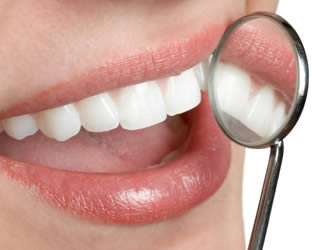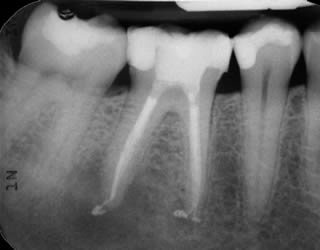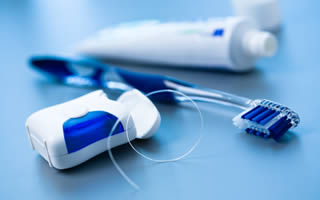Dental Veneers – Their History And Modern Uses
Veneers have been used for many years in cosmetic dentistry but are now more popular than ever. Porcelain dental veneers are an increasingly popular solution for anyone with badly stained or discoloured teeth, or where chips and other flaws are …





